News
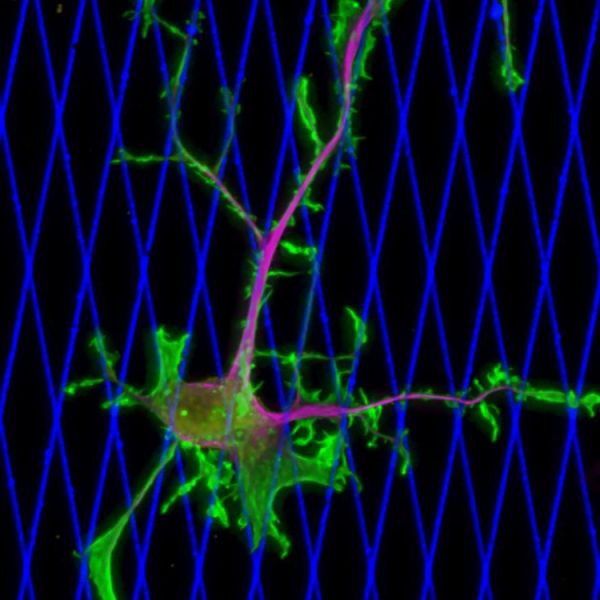
Oct 27, 2023
Mechanics of breast cancer metastasis discovered, offering target for treatment
New research led by Penn State reveals for the first time the mechanics behind how breast cancer cells may invade healthy tissues recently published in the journal Advanced Science.
Full Article
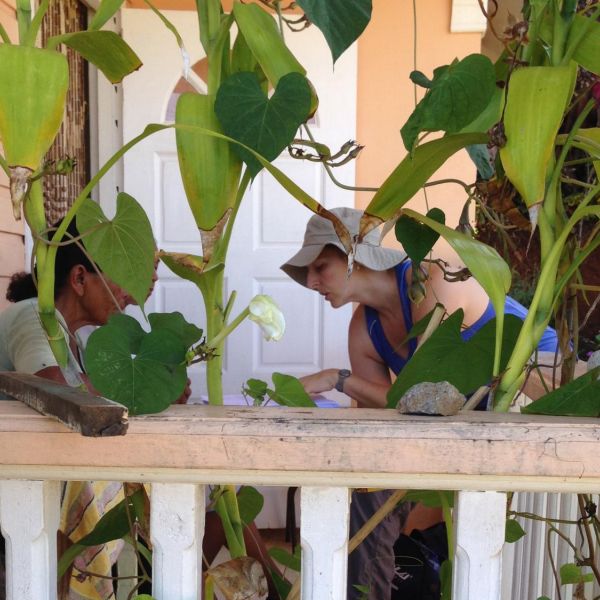
Oct 25, 2023
Deciphering the genetic link between skin tone and ancestral origins
A team of Penn State geneticists is pursuing the answers to an age-old question of human biology: the genetic origin of fundamental variations in skin pigmentation between people of different ethnicities.
Full Article
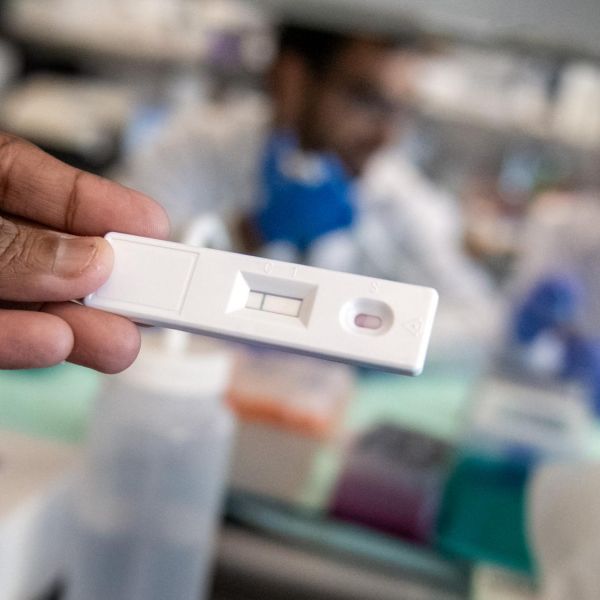
Oct 25, 2023
First rapid tests for chlamydia, gonorrhea exhibit 100% sensitivity
Chlamydia and gonorrhea disease currently has a clinically available rapid test, but that could change thanks to a Penn State-led research team. This could be used for a variety of infections.
Full Article

Oct 24, 2023
Plant pathologist to research plant diseases in organic vegetables
Sharifa Crandall will use a $800,000 grant from the USDA’s Organic Transitions initiative to study methods to suppress soilborne pathogens in vegetable high tunnels.
Full Article
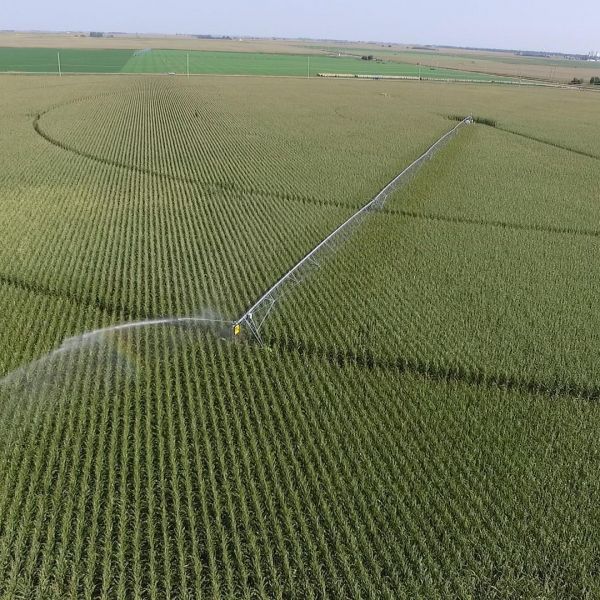
Oct 24, 2023
Predicting nationwide crop water availability by understanding soil influences
A USDA grant will fund Penn State researchers to incorporate satellite, sensor and soil core data into predictive models of nationwide crop water availability
Full Article
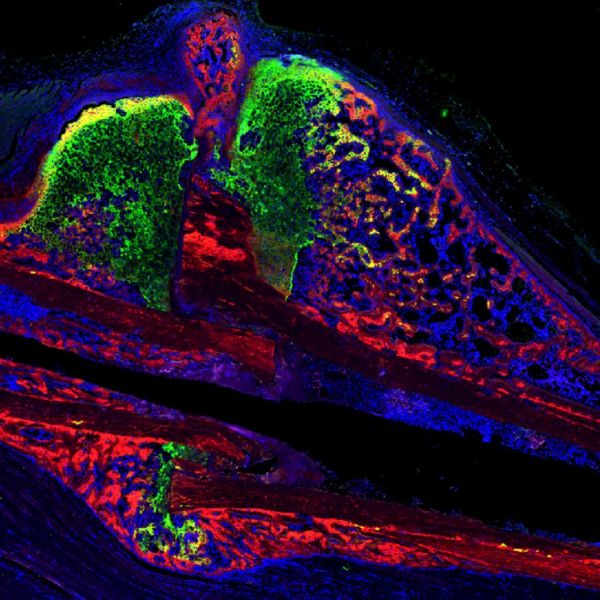
Oct 24, 2023
CBD and CBG may promote bone fracture healing, manage pain
Cannabidiol (CBD) and cannabigerol (CBG) might someday help bone fracture patients manage their pain, according to a Penn State study.
Full Article

Oct 24, 2023
Biochemist selected as Innovation Fund investigator by Pew Charitable Trusts
Katsuhiko Murakami, professor of biochemistry and molecular biology at Penn State, has been selected as a member of the 2023 class of Innovation Fund investigators by the Pew Charitable Trusts.
Full Article
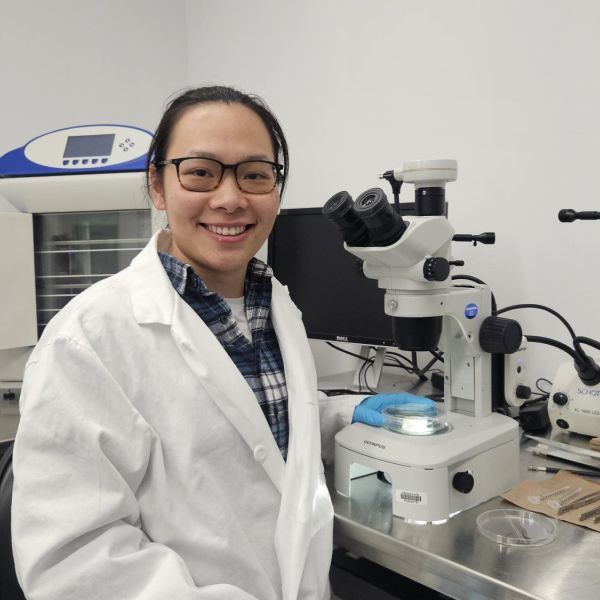
Oct 23, 2023
Gene integral to initiating, sustaining sperm cell development identified
With male infertility a mounting global concern impacting approximately 12% of men, a Penn State research team has discovered a gene that plays a key role in initiating and sustaining spermatogenesis. The finding may open a door for future therapies to boost sperm counts.
Full Article
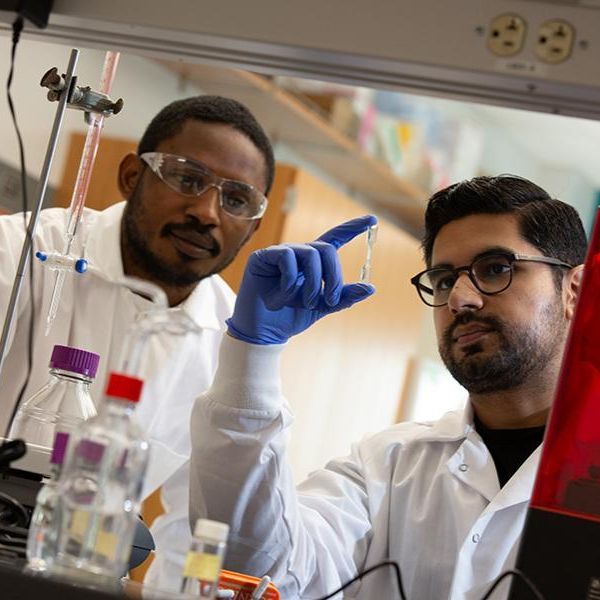
Oct 20, 2023
Replacing 3D printing plastics with plant-derived materials
A $650,000 USDA grant to fund Penn State researchers will support developing new and sustainable resin materials from lignocellulosic biomass.
Full Article
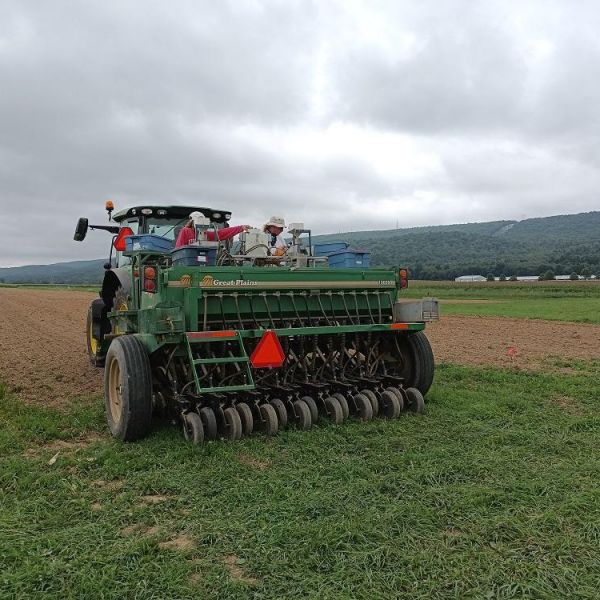
Oct 17, 2023
USDA grant awarded for study on soil health, weed control in organic operations
A nearly $1 million grant from the U.S. Department of Agriculture (USDA) awarded to Penn State’s College of Agricultural Sciences will support research on soil health and weed suppression in organic farming.
Full Article